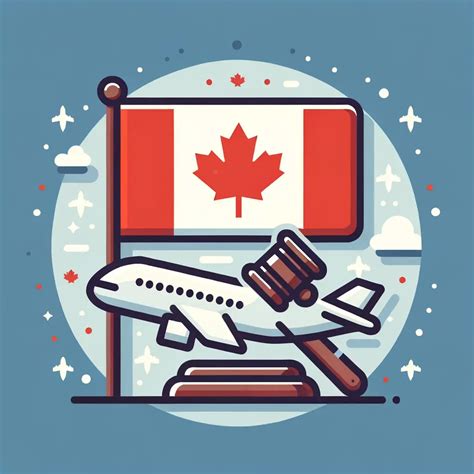Travel to Canada After a DUI: Get the Facts First
Planning a trip to Canada but have a DUI on your record? Understanding Canada's immigration policies regarding criminal convictions is crucial before you book your flight. A DUI, or Driving Under the Influence (or its equivalent, such as impaired driving), can significantly impact your ability to enter the country. This article will clarify the process and help you determine your eligibility.
What is Canada's stance on DUI convictions for entry?
Canada takes a serious stance on impaired driving. While they don't automatically bar entry for everyone with a DUI, it's a significant factor considered during the admissibility process. The severity of the offense, including blood alcohol content (BAC), the number of offenses, and the time elapsed since the conviction all play a role in the decision. Essentially, Canada assesses whether your past behavior poses a risk to their public safety.
Can I still travel to Canada with a DUI?
It's possible, but not guaranteed. The Canadian government uses a points system to assess the admissibility of individuals with criminal records. A DUI will likely result in penalty points, and the total number of points determines whether you're considered inadmissible. Factors considered include:
- Severity of the offense: A first-time DUI with a low BAC might have less impact than multiple offenses or a DUI resulting in an accident or injury.
- Time elapsed since the conviction: The longer the time since your DUI, the better your chances of being deemed admissible. The passage of time demonstrates rehabilitation and a reduced risk.
- Rehabilitation efforts: Demonstrating rehabilitation, such as completing a DUI program, attending support groups, or maintaining a clean driving record since the conviction, strengthens your application.
How do I apply for a Canadian travel visa with a DUI?
The application process is similar to a standard visitor visa application. However, you must be completely transparent about your DUI conviction. Omitting this information can lead to significant consequences, including being denied entry or facing future travel restrictions. You'll need to provide detailed information about the conviction, including:
- Date of the offense
- Court details
- Sentence received
Be prepared to answer questions about the circumstances surrounding the DUI and your subsequent rehabilitation efforts.
What if I'm denied entry to Canada?
If your application is denied, you have the option to appeal the decision. This process involves providing additional information or evidence to support your case. It's advisable to seek legal counsel specializing in Canadian immigration law to increase your chances of success.
What is the rehabilitation process like?
Demonstrating genuine rehabilitation is crucial. This includes:
- Maintaining a clean driving record since the conviction: This proves you've learned from your mistake and are committed to responsible driving.
- Completing any required programs: Successfully completing court-mandated programs, such as alcohol education or treatment, demonstrates your commitment to change.
- Providing character references: Letters from reputable individuals who can attest to your character and rehabilitation can strengthen your application.
Will a single DUI always prevent me from entering Canada?
Not necessarily. A single DUI, particularly one from many years ago with a low BAC and subsequent clean driving record, may not be enough to prevent entry. However, each case is assessed individually based on the totality of circumstances.
How long should I wait after a DUI to apply for a Canadian visa?
There's no set waiting period. The longer the time elapsed since your DUI, the stronger your application will be. However, waiting doesn't guarantee approval. Focus on demonstrating genuine rehabilitation and addressing any underlying issues contributing to the DUI.
What other factors are considered besides the DUI?
Other factors considered include: your criminal history (beyond the DUI), your ties to your home country, the purpose of your visit, and your financial stability. A strong application showcasing positive attributes in these areas can improve your chances.
This information is for guidance only and does not constitute legal advice. Always consult with an immigration lawyer or the Canadian embassy or consulate for official and up-to-date information relevant to your specific circumstances.

